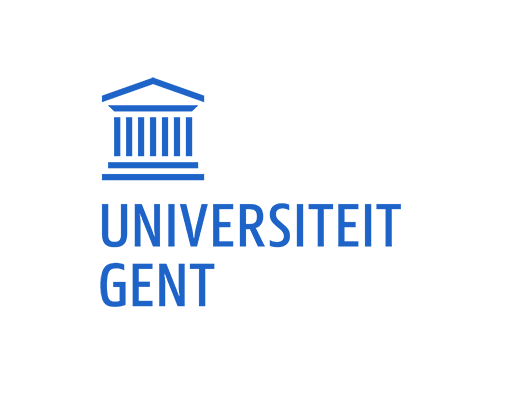Research Project
Open schooling for sustainable cities and communities
Running from 2019 to 2022.
Funded by Formas.
This project investigates how teaching and learning in practices of 'open schooling' can contribute to creating more sustainable cities and communities.
The pursuit of sustainable development is the subject of growing global attention. To realise this a lot of hopes are pinned on learning and education. Yet, despite omnipresent references to the importance of it the notion of learning and its role in relation to sustainability transitions is poorly conceptualised and empirical research is very rare. This project addresses this research gap by studying teaching and learning practices that address sustainability problems in local communities. We investigate well-selected cases of ‘open schooling’, i.e. education practices in schools and universities that have the explicit ambition to fruitfully connect teaching and learning to identifying, exploring and tackling key sustainability problems in urban and rural communities in collaboration with local stakeholders.
Research objectives:
-
Advancing knowledge about how teaching and learning can contribute to the pursuit of more sustainable cities and communities.
-
Strengthening the theoretical and empirical basis for further capacity development of educators and for education innovation.
Drawing on insights from sustainability transition studies, pragmatist educational theory and didactic research we develop a conceptual and analytical framework and apply it to case studies in Sweden and Belgium. The created knowledge is translated into didactic models and guidelines for curriculum development and course didactics as well as scripts for in-service and pre-service training of practitioners.
Research questions:
-
How can insights from ST studies be connected to pragmatist educational theory in a way that deepens the understanding of the learning that takes place when schools and universities collaborate with stakeholders to identify, explore and tackle sustainability problems in local communities? Sub-questions: Who is learning what? Which elements influence learning? Through which mechanisms is learning influenced?
-
How can teaching and learning in schools and universities foster a sustainable transformation of structures, cultures and practices in niche initiatives in local communities? Sub-questions: What are the conditions for success? How does the design of the learning environment affect failure or success? How does the performance of the actors involved affect failure or success?
-
How to prepare teachers and local stakeholders to design and perform learning practices that serve as resources for more sustainable cities and communities? Sub-questions: How can in-service and pre-service training strengthen the capacities of these practitioners? How can theories developed through this project be translated into didactic models and guidelines that are useful for practitioners?
This project, funded by Formas, is a collaboration between Uppsala University (TEPLAB) and Ghent University (Centre for Sustainable Development).
Dit onderzoeksproject bestudeert aan de hand van case studies in Zweedse en Belgische scholen en universiteiten hoe 'open schooling' kan bijdragen aan de transitie naar meer duurzame steden en gemeenschappen.




